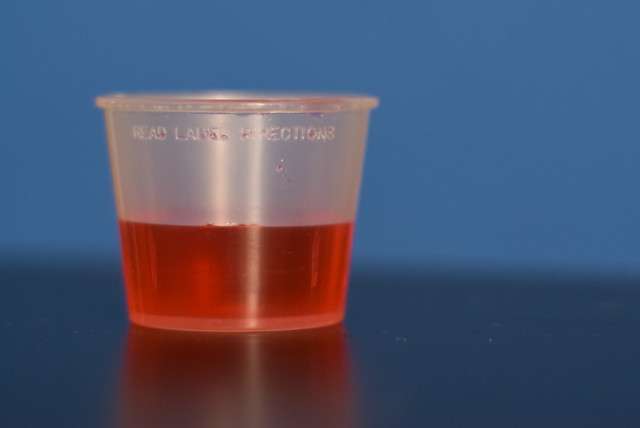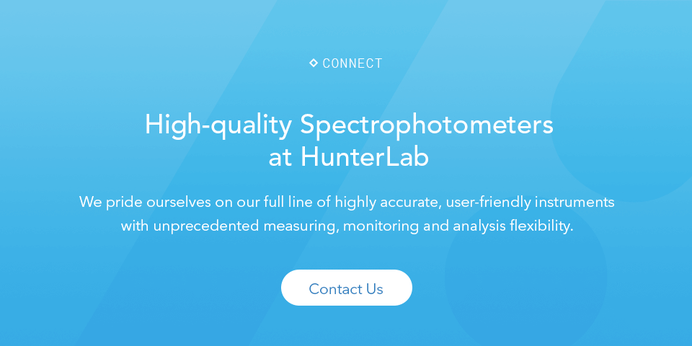
Spectrophotometers can play a key role in the R&D phase of pharmaceutical development, allowing companies to detect potential problems well before spending large amounts of money on research. Image Source: Flickr user jpalinsad360
In a competitive marketplace, companies go with the most economically viable processes that get their products on the market to start bringing in revenue. Unfortunately for consumers and public health, maintaining high levels of production without proper quality control has historically been very affordable for the pharmaceutical industry—an economic reality which has tainted public opinion of the industry over time, as consumers have faced drug recalls and the subsequent shortages.
For pharmaceutical companies, it could seem like a Catch-22 to offer an unaffordable product with consistent quality and be edged out of the market by low-cost competitors, or keep production rates high and write off the costs of drug recalls and subsequent shortages as a necessary expense. Fortunately for manufacturers and consumers, a portable, affordable quality check tool—the spectrophotometer—can analyze the formulation and consistency of a pharmaceutical with a preternatural degree of accuracy, making it ideal for small molecule pharmaceutical manufacturers.
The Regulatory Utopia: Full Compliance with Less Oversight
Federal oversight measures, such as regulatory fines from the FDA, have worked toward quality products, measuring quality by criteria including sanitation, properly maintained equipment, properly trained personnel, and effectively responding to consumer complaints. However, according to the Brookings Institute, “quality issues remain a frequent occurrence.”1 The FDA envisions changing that by incentivizing compliance to help companies develop a corporate culture that actually values accountability, rather than viewing it something they have to meet to avoid fines.
As the FDA pushes for pharmaceutical companies to achieve a quality-driven corporate culture and reduce recalls and related drug shortages, manufacturers can take steps in good faith toward delivering the medicines we need safely and consistently by investing in advanced quality control instruments like the spectrophotometer. It’s time for companies to make a good show of faith with both the public and with regulatory groups such as the FDA and guide the industry in the right direction: where we are all working as a society toward a healthier public.



